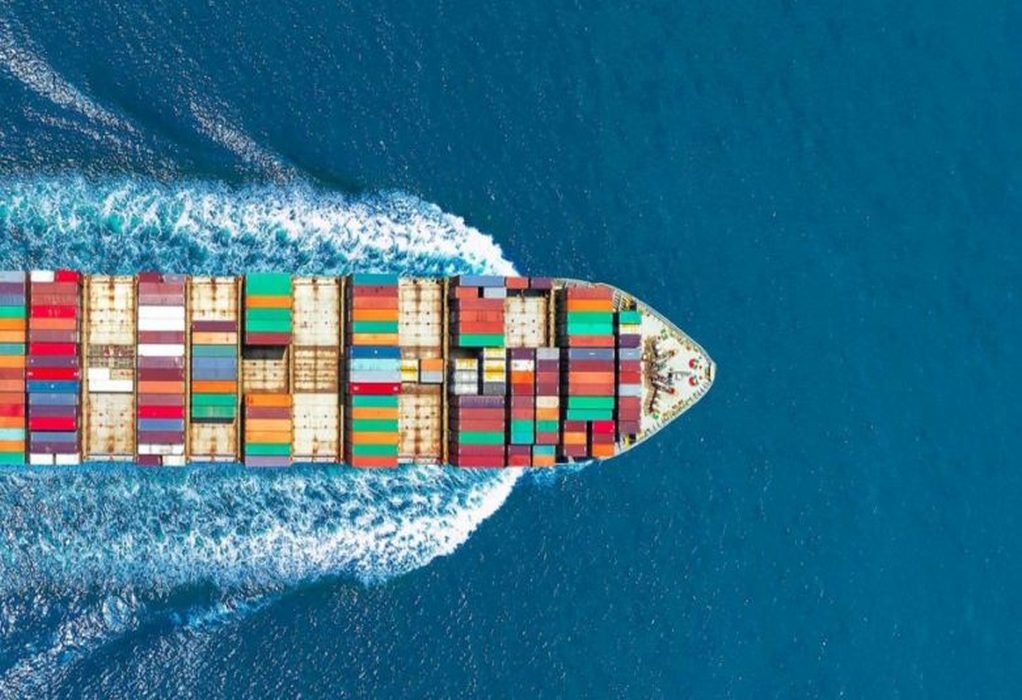CO2 management specialist zero44 has released a new tool that will help shipping companies understand the financial impact of the planned FuelEU Maritime regulation.
Most shipping companies are currently working on becoming EU ETS compliant, but the FuelEU Maritime legislation which should further decarbonise shipping is already around the corner.
Aimed at kick-starting the large-scale production of sustainable marine fuels, FuelEU Maritime’s focus is decreasing vessels’ yearly average GHG intensity. This is the amount of greenhouse gasses that are being emitted for every MJ of energy that is used onboard a vessel. The regulation will enter into force in January 2025, dictating a GHG intensity limit that is 2% lower than the 2020 reference.
This means that many vessels could face hefty non-compliance penalties immediately from the start of the regulation. GHG intensity targets will get stricter every five years, all the way to an 80% decrease in GHG intensity from 2050 on. FuelEU covers the emissions over a fuel’s entire lifecycle – from well to wake – instead of only tank-to-wake emissions.
zero44 now developed a new tool, called the FuelEU Maritime Calculator, which will be available to all interested parties free of charge. Users simply enter the annual fuel consumption – divided into HFO, LFO, MDO/MGO, LNG, and biodiesel – of a ship and its exposure to EU regulation. The tool then calculates the resulting GHG intensity and the penalties to be expected.
The company noted that the tool’s calculations are estimates and that it does not consider all individual parameters such as the specific type of biodiesel used or a ship’s engine type and the resulting amount of slipped emissions.
The calculator currently covers only conventional fuels and biodiesel, and its results are not supposed to be taken as a final decision-making aid for companies. The CO2 management specialist is working on a software solution that integrates with voyage data that can be used to plan and predict GHG intensities under different scenarios and monitor intensities over time and voyages.
Tags: CO2, FuelEU, Zero44



Recent Posts
Port of Brisbane Unveils Vision 2060 to Drive Smarter, Cleaner, and More Connected Future
Wärtsilä to Deliver Hybrid Propulsion Systems for Vertom Group’s New Low-Emission Vessels
Latvian port receives electric Konecranes Gottwald Mobile Harbor Crane
Sustainable Ocean Economy Vital for Human Development, Says UNDP at UN Ocean Conference
Green Hydrogen Costs in India Could Drop by 40%, Says IEEFA-JMK Report
Cavotec Secures €1.55 Million Shore Power Contract for Port of Antwerp-Bruges
APM Terminals and SANY Marine sign landmark agreement to accelerate decarbonisation
The Port of Gothenburg takes big step towards shore power connection for container and car/RoRo vessels